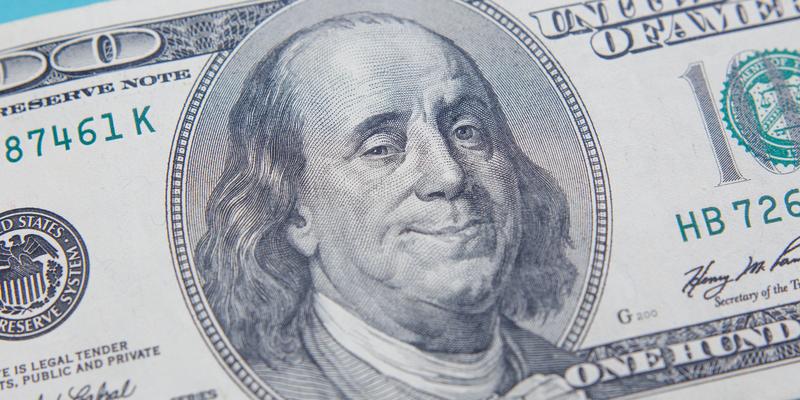
By Sean Holleran
Trust me. You’ll survive without that $18 plate of nachos from that chic fusion restaurant which will end up costing you around $55 after your bank collects the overdraft fee the meal would cause.
Some of us control our money, but let’s be honest. For most of y’all, your MONEY IS CONTROLLING YOU!!! Too dramatic? I think not.
Cue the fiddle, ”where did it come from? Where did it go? Where did it come from, Cotton Ey…..errr, money I owe?” There is nothing more rattling than waking up in the morning, grabbing your cell phone, logging into your mobile banking app and seeing a negative balance in your checking account — which, by the way, was hit with two overdraft fees — and swearing that, yesterday, you had at least a few dollars, right?
Or, checking your mailbox after an incredibly stressful day and realizing your credit card statement has arrived, and, because you didn't pay off last month’s balance, you owe that plus interest... damn.
Money is hard to make, yet, it sure is easy to spend, which explains why you need a budget. And, for three easy payments of $75.99, I’m happy to help you create it... just kidding!
Here's a little budgeting advice on the house. Go online, search “printable monthly calendar," print it out on paper and grab a pencil.
This is where the fun begins. First, write down every time you have money coming in. For example, on the 4th of every month, my direct deposit hits; I'm expecting a payment for shuttling tourists around in my car after work on the 11th; on the 14th, my neighbor is paying me for the guitar lessons I gave her granddaughter; a friend is paying me for a wicker chair I sold her on the 17th; and, lastly, on the 18th, another direct depost hits.
Okay, that felt good. I've got money coming in, and, not only that, it's in writing. Now, for the hard part, write in all the days where you know you have money going out. Consider every penny, every little expense in this step. For example, on the 5th of each month, I pay my share of the rent; on the 8th, I owe a parking ticket fine; my Mastercard and Visa payments are due on the 10th; the electric bill is due on the 15th; and, so on.
Every anticipated expense is now documented on the calendar. Consider this your personal financial GPS. With it, you know when you receive money and when you pay it out. Use the visual cue as a disciplining tool to prevent spending money you don’t have — even if it means the day before payday you are eating a pepperoni and pickle sandwich in your dark apartment.
Trust me. You’ll survive without that $18 plate of nachos from that chic fusion restaurant which will end up costing you around $55 after your bank collects for the overdraft fee the meal would cause. There are plenty of additional steps involved in creating and managing a rock-solid budget, but the first one is the hardest, and it really just involves understanding when your money comes in and when it goes out thus avoiding the pitfalls of over-spending to “treat yourself” when “yourself” is broke until you get paid tomorrow!